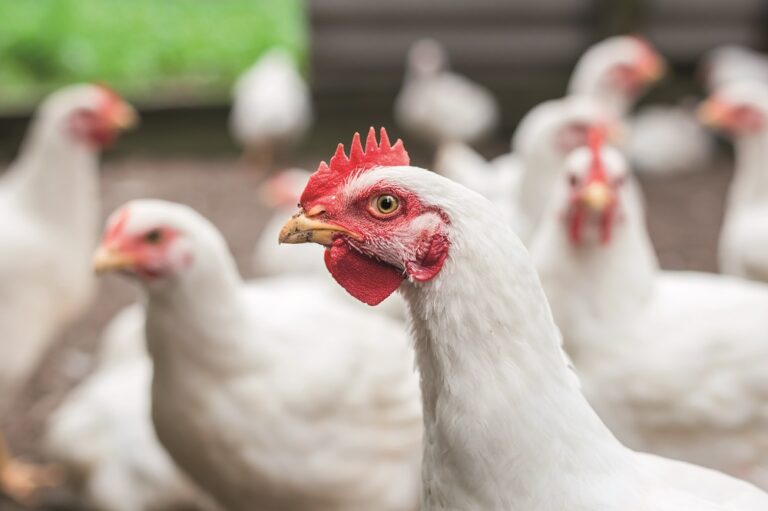The UK has secured market access to Japan for imports of UK poultry meat – opening up new opportunities for UK farmers, producers and exporters in the world’s third largest economy. The agreement is estimated to be worth up to £13 million per year by the industry.
Japan is renowned internationally for its stringent food safety and import control regime. With consumption of poultry on the rise in Japan, this market could become a promising new target for UK poultry meat exporters.
Victoria Prentis, Food Minister, said: “Our high-quality poultry with its exceptional flavour is renowned around the world, as are the high standards of food safety and animal welfare demonstrated by farmers and producers across the UK.
“The Japanese market will now be able to enjoy more of our unique produce, adding to an already varied collection of UK food, such as pork, beef and lamb, already available to its customers.
“We are working hard to open new markets for our agri-food businesses, and this is a significant opportunity for the UK poultry sector.”
The market opening follows a series of complex negotiations over the last four years between the UK and Japanese officials to agree specific animal health requirements. Benefits of this development will be felt across the supply chain throughout the UK and will open up new opportunities for British farmers.
British Poultry Council Chief Executive, Richard Griffiths said: “The British Poultry Council welcomes the exciting news of British export market access for poultry meat to Japan, the world’s third largest economy. Our industry has worked closely with Government to open doors and create new opportunities for British poultry meat businesses that produce safe, affordable and nutritious food to world-class standards. We look forward to carrying on pursuing new markets to continue putting UK poultry meat on every table around the world.”

Next Article Chicken exports to the EU fall 60% in a year
Chloe Ryan
Editor of Poultry Business, Chloe has spent the past decade writing about the food industry from farming, through manufacturing, retail and foodservice. When not working, dog walking and reading biographies are her favourite hobbies.

